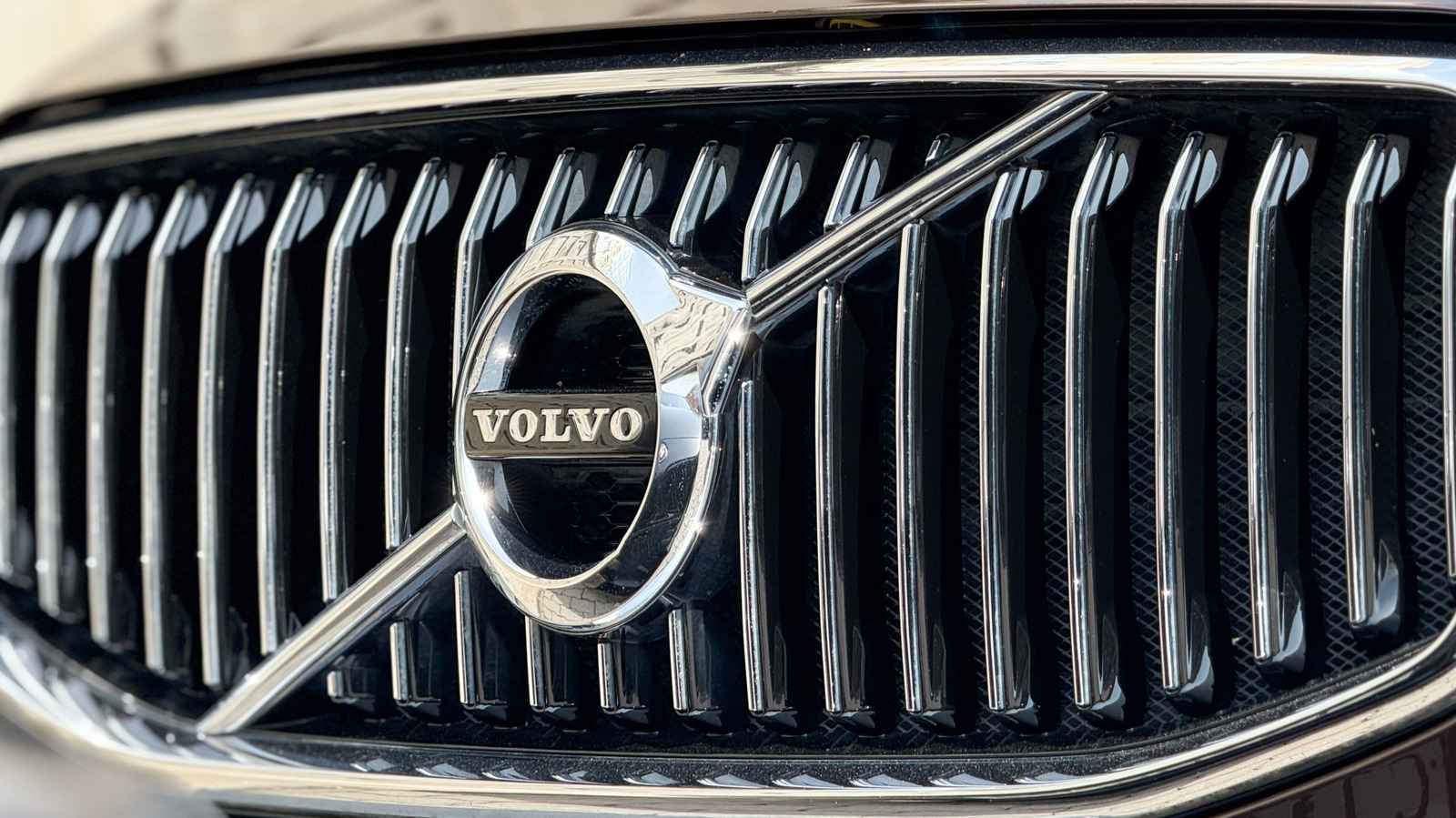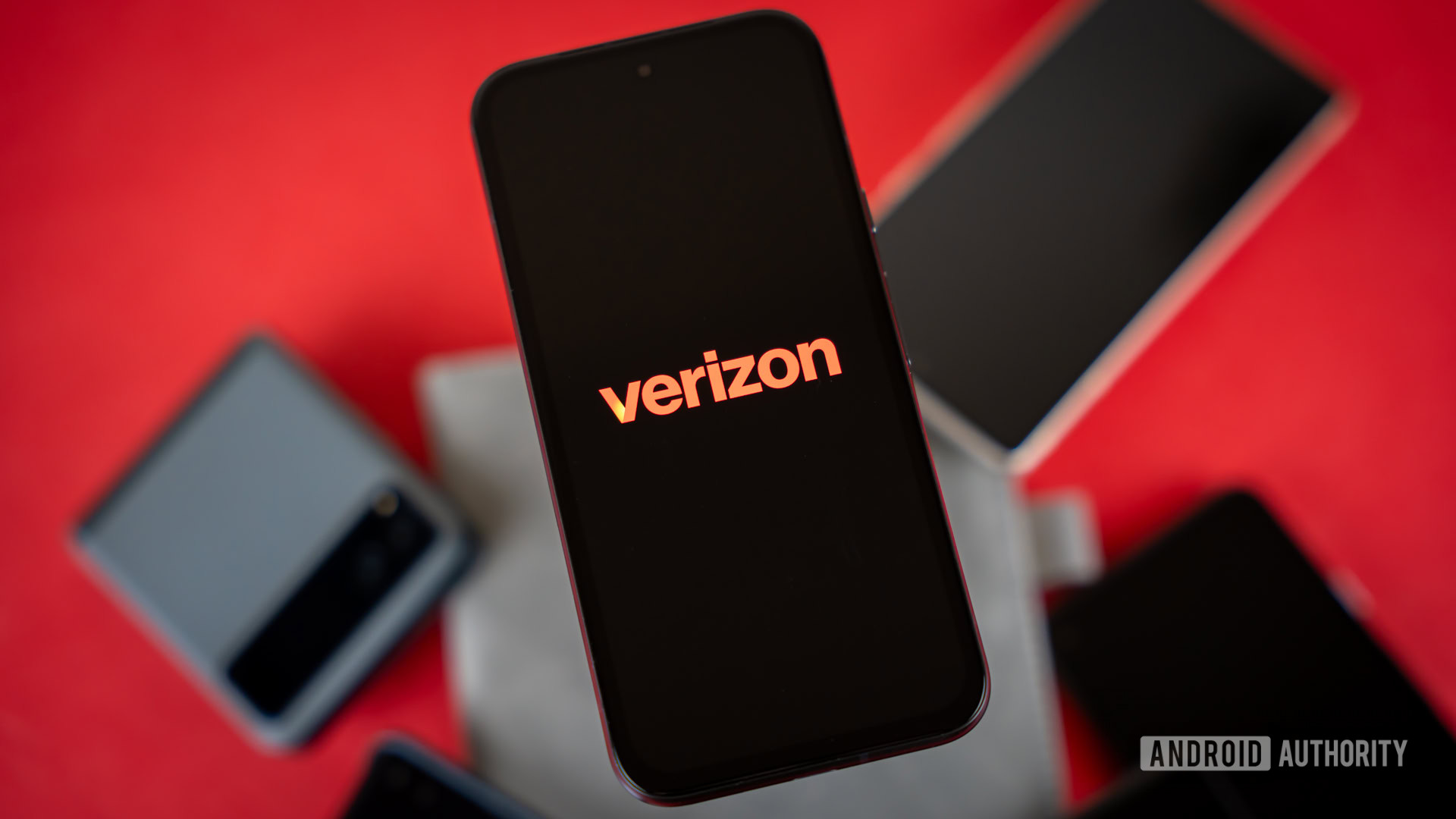For years, African small and medium enterprises (SMEs) have turned to retail platforms like AliExpress to save travel costs and, more recently, Temu to source goods from China. These apps opened access to low-cost products, but they were never designed for businesses that require reliability, customisation, and factory-level pricing.
That gap has created room for Middleman, a Nigerian tradetech startup that connects African businesses directly with Chinese manufacturers, and offers a more reliable, lower-cost way to source goods across borders.
Nigeria–China bilateral trade was valued at approximately $22.6 billion in 2023, and an estimated 80–90% of Nigeria’s imports from China are manufactured goods, including machinery, electronics, vehicles, plastics, and steel. The trade relationship is largely driven by Nigerian importers buying from Chinese factories, underscoring the scale of the opportunity Middleman is entering.
Middleman did not begin as an ambitious infrastructure play. In 2018, two fresh graduates, Omolara Sanni and Adeola Owosho, moved from Abeokuta to Lagos, hopping between tech conferences and trying to figure out their next steps in life.
Their first encounter with China-Nigeria commerce was at a conference hosted by Akin Alabi, the founder of Nairabet, a sports betting platform. It was their introduction to the then-booming business of buying from China and selling online in Nigeria.
Curious and ambitious, they raised less than ₦100,000 ($68.5), placed their first order from China via Alibaba, and launched a series of mini-businesses: skincare products, car accessories, home décor, anything that could sell on Instagram.
Read Also: How online shopping worked in Nigeria back in 2018
But the lesson they learned wasn’t about margins or marketing. It was about trust.
“People did not trust us enough to pay before delivery,” Sanni recalls. “We were in Lagos, but customers outside Lagos would refuse to pick up their items. Some would stop responding entirely. We lost money sending goods out.”
That mistrust dampened their ability to scale, and as they hopped from one idea to the next, an insight began to form: Nigerians needed a better way to transact online.
By 2023, they attempted to solve this with technology, launching an escrow payment platform, also called Middleman at the time. The idea was simple: Middleman would hold money for both parties until the buyer confirmed satisfaction, similar to what crypto escrow systems do. Technically, it worked. Practically, the market wasn’t ready.
“People didn’t trust vendors,” Sanni says, “but they also didn’t trust Middleman to hold their money. We needed brand equity, something we couldn’t afford to build.”
But something else was happening simultaneously; a deeper, more urgent problem that they had personally experienced: paying Chinese suppliers had become a nightmare.
The pivot that changed everything
Around 2020, Nigerian Naira cards stopped working for dollar payments. Importers were stranded. Sanni and her co-founder, Owosho, had to switch to 1688, a Chinese wholesale marketplace, far cheaper than Temu or AliExpress, and used their Alipay wallets to pay in yuan.
They soon realised this wasn’t just their problem; many SMEs they interacted with were struggling with China-bound payments and sourcing.
So they pivoted Middleman into a payment and procurement platform designed specifically for business imports. That pivot unlocked the demand they had been searching for.
“Within a day or two of announcing it, people started paying through us,” she says. “Payment is still a huge problem in China–Africa trade—and that’s what drove us to almost ₦2 billion ($1.37 million) in transaction volume (in 2025).”
Crucially, Middleman had shifted away from being a retail-facing platform and was now serving businesses, primarily importers who needed more than just access to online suppliers. These users required direct links to factories rather than retail sellers, guidance to navigate 1688’s Mandarin-only marketplace, and dependable quality checks to avoid the all-too-common “what I ordered vs. what I got” outcome. They also needed support negotiating bulk orders, consolidating shipments, making seamless yuan payments, and managing trusted cross-border logistics from China to Nigeria.
This is where Temu and AliExpress simply cannot compete, according to Sanni. “Temu is for buying five shirts or personal items,” she explains. “Businesses can’t turn a profit buying from Temu. They need factories. They need customisation. They need quality assurance.”
Real-time quality checks in Chinese factories
Middleman’s most important offering today is not payments, it’s on-ground procurement agents in China.
“For many importers, the fear is real: what if the supplier sends low-quality items or something entirely different?” Sanni says. “Our agents go into the factories, check the goods, inspect the materials, and confirm that what you ordered is what you’re getting.”
These agents also negotiate prices for clients buying in bulk, consolidate goods from multiple suppliers, and repackage items to cut shipping costs. Altogether, they provide an end-to-end import infrastructure that retail platforms simply cannot match.
“I’ve been using Middleman for over a year, and I enjoy their response to my services,” said Arigbabu Adewale, CEO of Congent Paint, a paint manufacturer that imports raw materials from China. “They are a reliable source for any service solution.”
Omolara challenges the widespread assumption that China produces only low-quality goods. She argues that many of these concerns come from past encounters with counterfeit or poorly made products that flooded global markets during China’s rapid manufacturing boom. As a result, consumers and businesses often still associate “Made in China” with inconsistent quality control and short product lifespans, especially in lower-cost product categories.
“This is a misconception,” she says. “China gives you exactly what you pay for. If you buy cheap items, you’ll get cheap items. But the same factories also produce high-quality goods—people from the US and UK go to China to furnish entire homes.”
AI: Turning Mandarin marketplaces into English
Another barrier Middleman tackles is language. 1688, the go-to wholesale marketplace for Chinese factories, is almost entirely in Mandarin. African importers traditionally screenshot items and paste them into Google Translate repeatedly until they understand what they’re buying.
Middleman replaced this chaotic process with an AI sourcing assistant.
“Users paste a 1688 link into Middleman, and it translates the entire page into English,” Sanni explains. “It also shows the price in Naira. On top of that, there’s an AI bot that can ask anything about the product, including shipping cost.”
The AI has become so valuable that users now buy AI credits to use it.
A $46,000 startup doing nearly ₦2 billion in volume
Middleman has raised only $46,000, mostly from family and friends. Yet, the company claims it has processed almost ₦2 billion ($1.38 million) in total transactions. The secret is community and resourcefulness.
“Some of the most important people you will meet in your journey are the ones sitting right beside you,” Sanni says, reflecting on how they relied on talented peers who believed in their vision and helped them keep costs low.
Their team also grew through necessity. After multiple failed attempts to outsource development, they realised their technology had to be built in-house. Their Chief Technical Officer, Abiodun Arigbede, became the backbone for building a Minimum Viable Product (MVP) or the most basic version of the product that still solves the core problem for early users, and that could grow as demand rose.
While its strongest market is Africa, Middleman’s ambitions go beyond the continent.
“Everybody buys from China,” she says. “Not just Africans. We want to build a global platform—a billion-dollar company born in Africa.”
Recommended: Africa’s next billion-dollar startups will come from fixing the invisible systems of commerce










